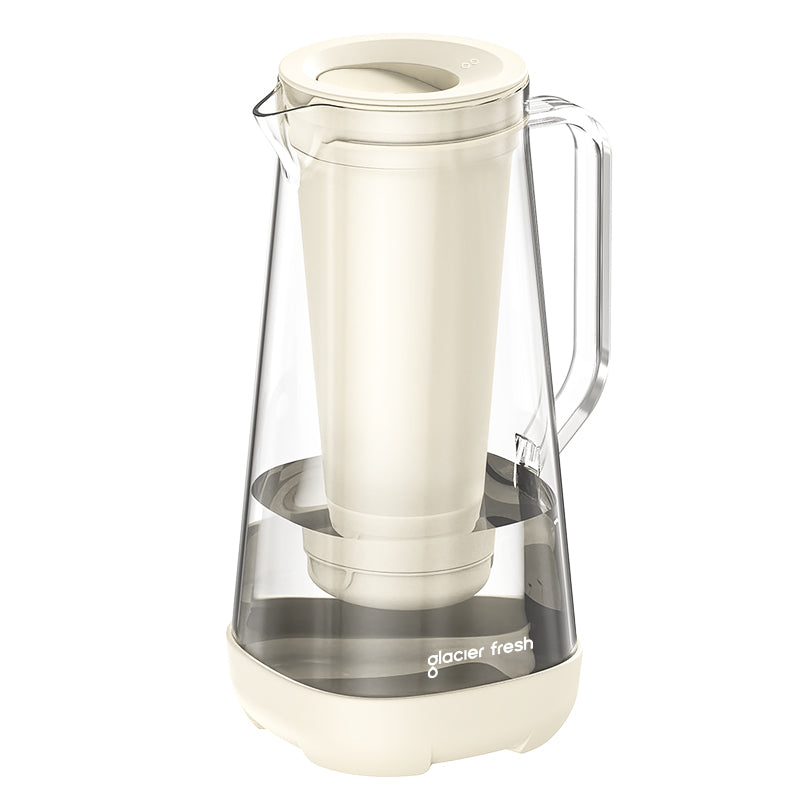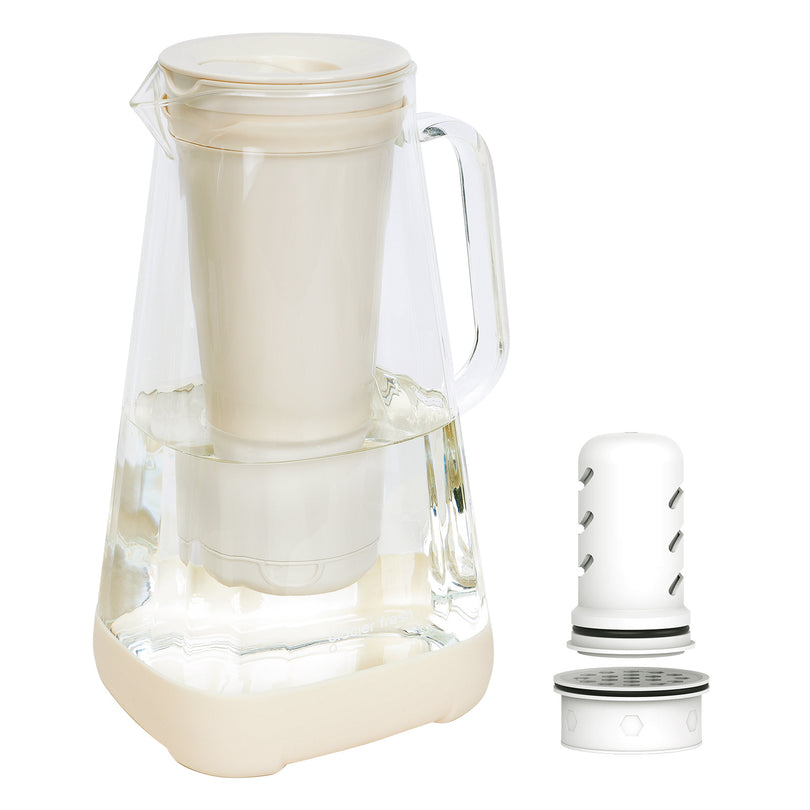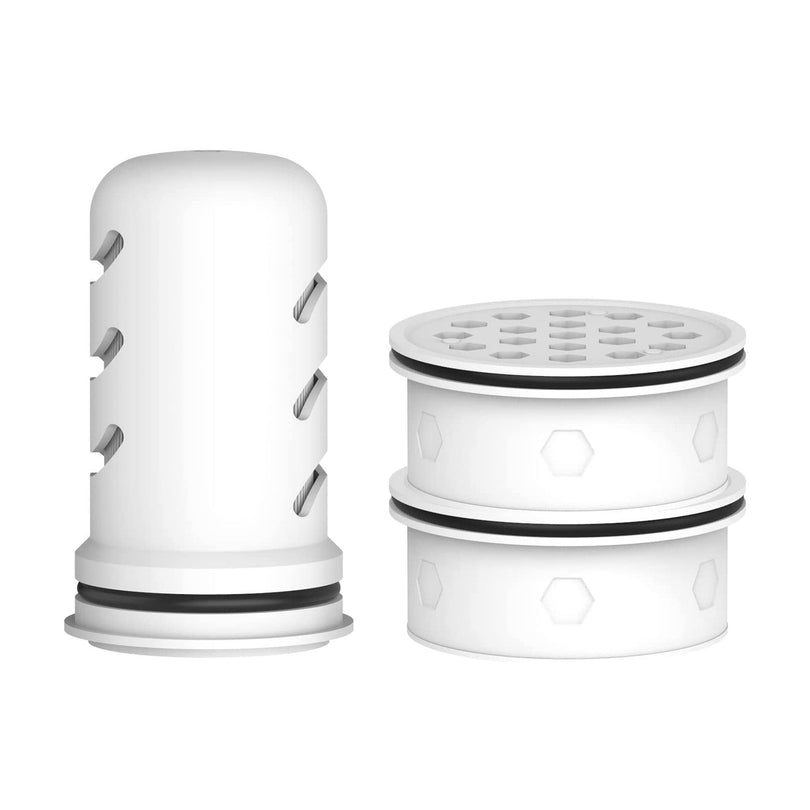Table of Contents:
Imagine turning on your valve for a glass of water, only to realize that what you are drinking could potentially harm your health. Sounds intimidating, right? This isn't a academic script for numerous North Americans. A recent study revealed that nearly half of the valve water in the U.S. contains PFAS, also known as" ever chemicals".
PFAS, or per- and polyfluoroalkyl substances, are a group of man- made chemicals that have been used in assiduity and consumer products worldwide since the 1950s. They are dubbed" ever chemicals" because they do not break down and can accumulate in the mortal body over time. Exposure to these chemicals has been linked to a variety of health problems, including cancer, hormone dislocation, and vulnerable system damage.
In North Bay, Ontario, a plant has been producing these chemicals for decades, leading to high situations of PFAS in the original drinking water. The situation has sparked concern among residers and environmentalists, who are calling for stricter regulations and better filtration styles to cover public health.
But how did we get then? And more importantly, what can we do about it?
The use of PFAS in colorful diligence is wide due to their resistance to heat, water, and oil painting. They are set up in everything from non-stick cookware to stain- resistant fabrics and firefighting froth. still, their continuity comes at a cost. These chemicals can strain into the terrain, polluting our water force.
In North Bay, the plant responsible for the PFAS impurity has been operating since the 1970s. Despite the known pitfalls, the plant continues to produce these chemicals, putting the health of the original community at threat.
So, what is the result?
Originally, we need stricter regulations on the product and use of PFAS. Secondly, we need to invest in better water filtration systems that can effectively remove these chemicals from our water force.
But change starts with mindfulness.
Are you apprehensive of what is in your valve water? Have you ever allowed about the implicit health pitfalls associated with drinking polluted water?
Incipiently, if you are concerned about the quality of your drinking water, consider investing in a high- quality water sludge. It's a small step that can make a big difference in your health.
Flash back, knowledge is power. Stay informed, stay healthy.








